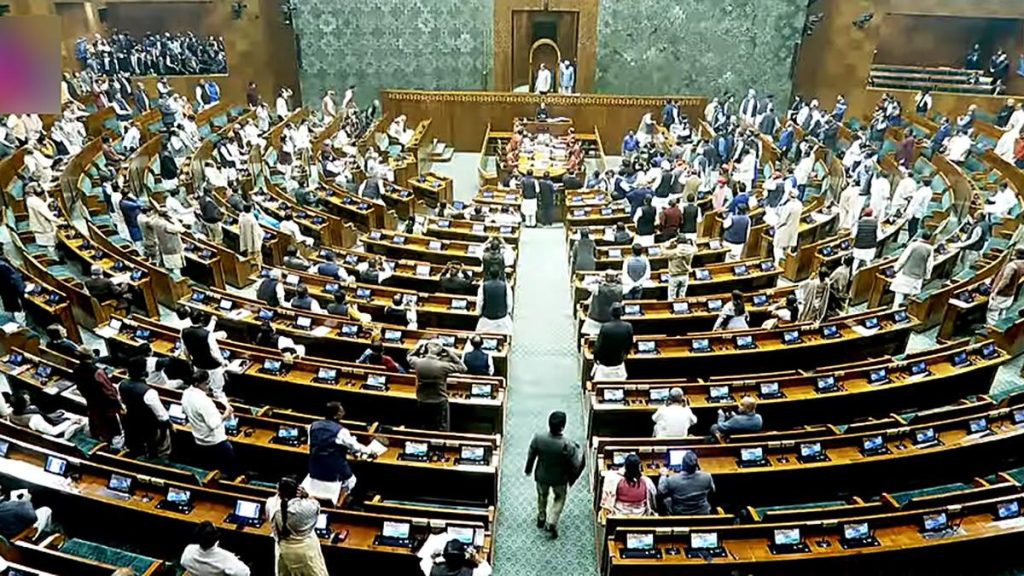Syllabus:
GS 2: Parliament and State Legislatures—Structure, Functioning, Conduct of Business, Powers & Privileges and Issues Arising out of these.
Context:
Recently, chairman of Rajya Sabha highlighted that the Private Member’s Bill has the potential to be a gold mine for India’s legislative landscape but this crucial intervention has steadily eroded.
About Private Member’s Bill (PMBs)
- It is a legislative proposal introduced by any Member of Parliament (MP) other than a Minister.
- These bills allow individual MPs to bring attention to issues and suggest legislation on matters which they believe are important for their constituencies or the country.
- They follow the same legislative process as government bills, they are considered during a specific time slot on Fridays.
- Since Independence, only 14 PMBs have been passed and received presidential assent and none has cleared both Houses since 1970.
- In the 17th Lok Sabha (2019-24), 729 PMBs were introduced in the Lok Sabha and 705 in the Rajya Sabha. However, only two in the Lok Sabha and 14 in the Rajya Sabha were ever discussed.
- In the 18th Lok Sabha, only 20 MPs have introduced PMBs so far. During the inaugural and Budget Sessions of 2024, 64 PMBs were introduced in the Lok Sabha, but not a single one was discussed.
Notable Private Member’s Bill in the Past
- The Muslim Waqfs Bill, 1952: The bill was aimed to improve the governance of Waqf properties. It became law in 1954.
- The Supreme Court (Enlargement of Criminal Appellate Jurisdiction) Bill, 1968: It aimed to expand the Supreme Court’s appellate jurisdiction in criminal matters. It became an act in 1970.
- The Rights of Transgender Persons Bill, 2014: The bill aimed to provide a comprehensive national policy for the welfare and overall development of transgender persons. The bill was lapsed in Lok Sabha.
- The Right to Disconnect Bill, 2019: The bill seeks to recognize the right to disconnect as a way to reduce stress and ease tension between an employee’s personal and professional life. The bill did not proceed beyond the initial stage.
Significance of Private Member’s Bill
- Initiating national dialogue: Even without being passed, such bills can trigger significant public debate and shape societal discourse.
- Cross Party Collaboration: It brings all MPs under a healthy discussion scenario. As 52nd Amendment, the Anti-Defection Law, has reduced space for individual legislative initiatives. Under this controlled setup, PMBs offer a rare platform for cross-party policy input.
- Shaping government policy: Ideas from Private Members’ Bills are sometimes adopted by the government in future legislation.
- Providing a platform for independent expression: They allow MPs to voice their concerns and propose legislation without the constraints of party lines.
- Address socially sensitive issues: PMBs can shape the legislative agenda and compel government action on socially sensitive issues.
Mains Question:
PYQ. The role of individual Members of Parliaments has diminished over the years and as a result healthy constructive debates on policy issues are not usually witnessed. How far can this be attributed to the anti-defection law, which was legislated but with a different intention? (2014)
Practise Question. The legislative output of Private Members’ Bills since Independence remains significantly constrained, with fewer than twenty having been enacted. Critically examine the underlying factors contributing to this low success rate. Furthermore, deliberate upon viable strategies for enhancing the efficacy and passage of PMBs within the Indian parliamentary framework.

